Obama’s got his second term with a wide enough margin, he’s safe, and maybe it’s time to start looking at ways to innovate. Here’s a personal take on what he should do for the great cities of the US. Whilst a lot of these are projects that can simply be undertaken by local mayors, there needs to be a national political will and movement behind this.
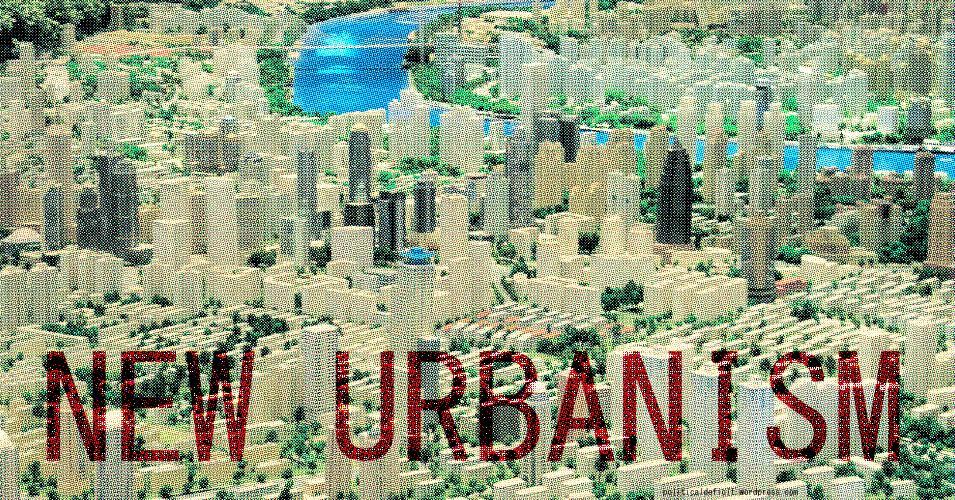
1. Kickstart high-speed rail regionally.
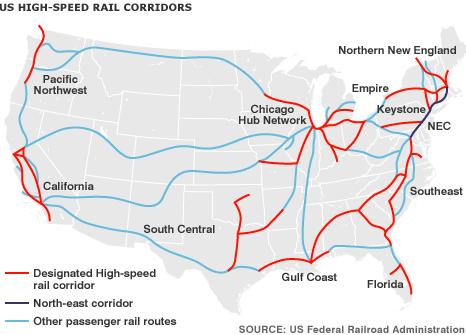
It’s known around the world how dependent America is on highways, gas, and cars. Why not reduce some of that dependency and make America more efficient for the 21st century? Here is one thing America could learn from socialist Europe. The obstacle the two houses of representatives could focus on for this is to ensure dedicated funding for rail, which could be done by updating the Federal Railroad Administration.
2. Location, Location, Efficiency
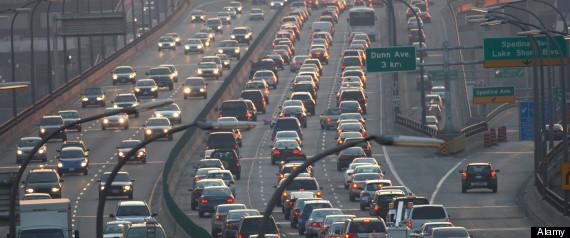
Location efficiency, explained in detail by the CNU here, is the idea that housing & transportation are interrelated expenses. Cheap houses in the urban sprawl means people spend more on fuel, whilst apartments in walkable neighbourhoods are not only better suited for mass transit but also closer to where you need to be – from your job, pub, and supermarket. Whilst the price is more expensive initially, it’s a better deal for everyone, and something the Fed should get involved in.
There’s already a favourable Location Efficient Mortgage, why not hand out grants to local projects based around the concept to really start an efficient housing revolution?
3. The New (Local) Deal
San Francisco already has a project called ‘City Job Works’, which “reduce[s] unemployment while increasing government capacity by matching job seekers with professional development opportunities through micro-volunteering on city government projects.”
It’s basically a middleman for the unemployed so they can gain real experience and skills through essential city works. Slashed budgets never help unemployed, and micro-volunteering gives solutions to often conflicting problems.
Local government benefits, the unemployed benefit.
4. Raise petrol (gas) tax
America is long overdue a rise in fuel costs, it’s a false economy to interfere in the market and just delay the problem. Obama is elected now, and the short-term furore which will undoubtedly come of this may have little effect on Washington if done early on.
The fuel tax feeds the fund that pays for road infrastructure and mass transit nationally. Big problem here though, as this fund is heavily in debt. The bipartisan Simpson-Bowles debt reduction commission suggest doubling it. A raise of 10¢ per gallon would cost American households ~$9/month and solve huge problems.
5. Raise parking charges
Paying too much for parking is something everybody hates, just before my time at a local council there was even a park-in protest against raised parking charges! Want to reduce pollution, congestion, and raise funds? Raise city council parking charges, and cap the amount of parking spaces at whatever it is currently. This will force people to commute in alternative, more efficient, ways.
6. Green Spaces as a New Economy
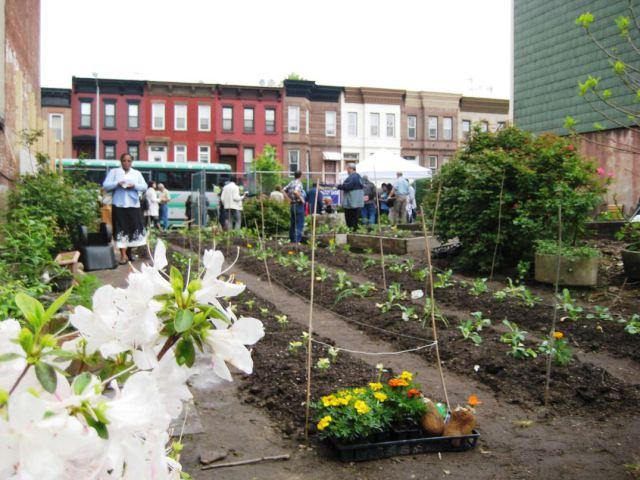
An urban farm in Brooklyn via http://bigkingken.wordpress.com/2011/01/04/could-large-scale-urban-farming-actually-work/
In Chicago, IL there’s real hope about the future of vacant lots. ‘Urban farms’ are being built in this previously food wasteland, and jobs are being created too. The whole community is being rebuilt from the bottom up, and other places could learn from this. (Read more)
Milwaukee too, has a problem of vacant lots or foreclosed estate – as well as insecurity about food. Home Gr/Own is on a similar path to Chicago’s urban farms. As it stands, Milwaukee owns near 4,000 lots and foreclosed homes – turning this portfolio into cash cows is a path that can only lead to success. Urban farming is tried and tested already, and in Havana for example the new movement now provides half of all food.
7. Learn from London – the dreaded Congestion Charge
9 years ago, Ken Livingstone, the then London mayor implemented a controversial plan to make central London tolled for cars. With its roots in a report from 1964. The charge gave an overall earning of near £140m a year, and cut the number of cars going into the city by 70,000 – as well as increasing bus and cycle usage (Source).
Big congestion states such as LA could learn from this, and implement similar schemes. As an often London resident, I miss Ken’s schemes and yearn for a day when such small things like the Congestion Charge, London Oyster card, and now ironically named ‘Boris’ bikes are to be unveiled again.
8. Plant Trees
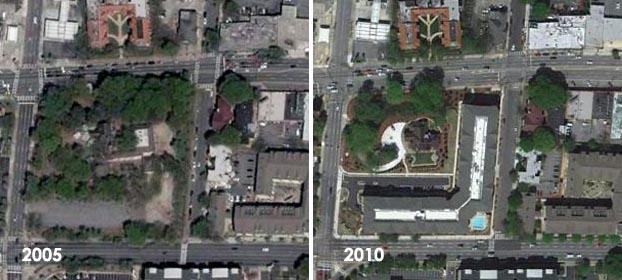
View of trees in Atlanta via DiscoveryNews
Trees make a country liveable, and often pay back their cost in planting over a very short period of time. Sarah Simpson estimates that each tree lost in US cities means as much as $2,500 lost in lifetime services to environmental, heating, and cooling services.
Of all those listed above, planting more trees is the cheapest, most feasible, and one of the most cost-effective. It is unlikely that most residents will be opposed to it too, unlike the controversial congestion charge or rail system.
